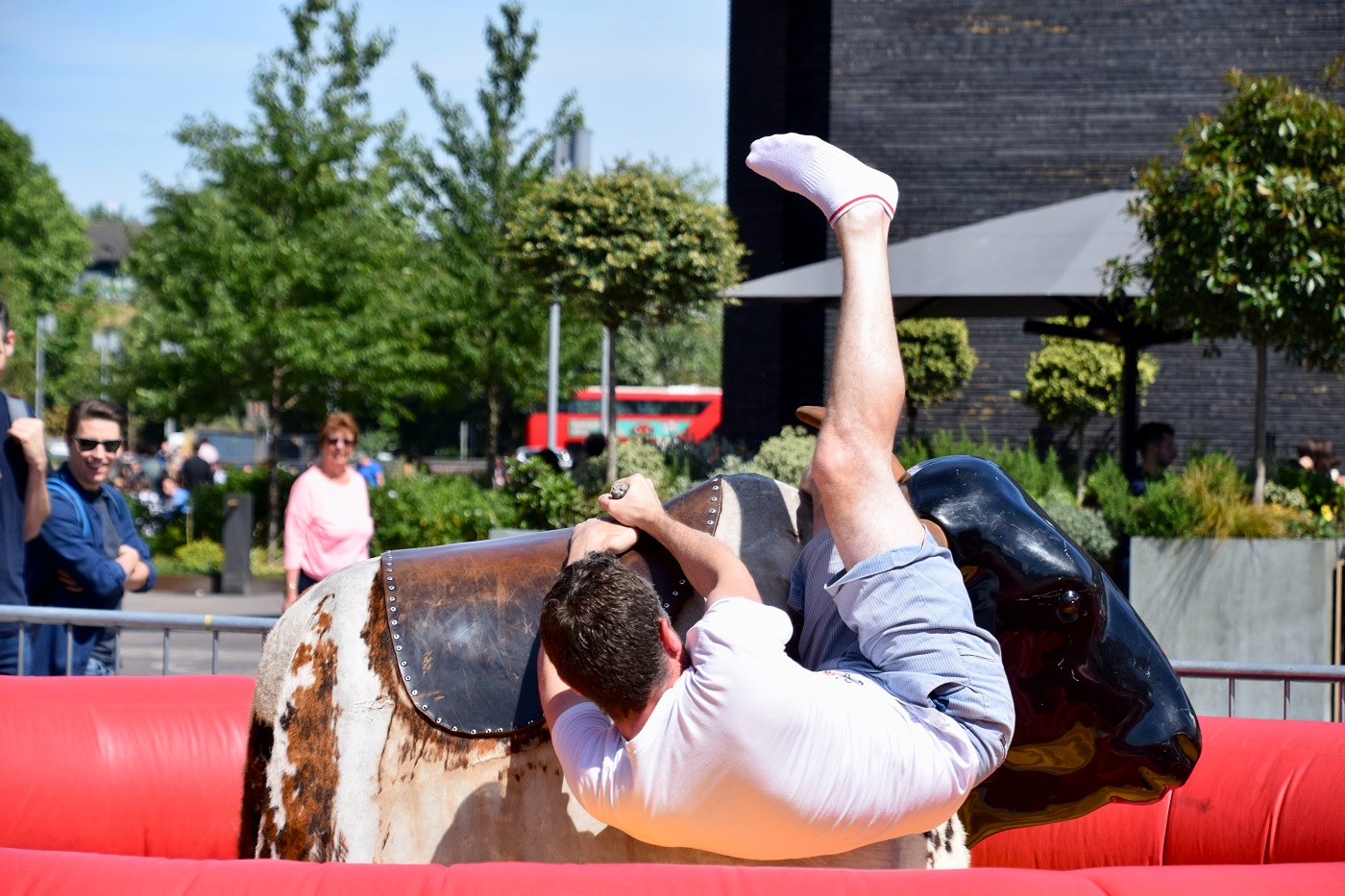It happens every winter. The Association is hit with yet another bad snowstorm. The snow removal crew arrives early and is attempting to clear the snow faster than it falls. Meanwhile a resident has decided to take his daily constitutional around the Association. The resident slips at the end of his driveway on a patch of ice and breaks his wrist during the fall. He sues the Association and is awarded significant damages. In addition to a snow assessment to cover the unpredicted snowfall, owners can now expect increased insurance premiums due to the slip-and-fall lawsuit.
This situation occurs frequently within associations. However, an association can protect itself from this expense by passing a Tort Immunity Amendment. A Tort Immunity Amendment helps insulate an association from liability in a lawsuit filed by one of its members for a personal injury, such as a slip-and-fall claim. Without this amendment in place, if an owner slips and falls on the association’s common property, the association often times is held liable for damages. This expense is then passed on to all owners through increased insurance premiums.
With a Tort Immunity Amendment in place, an owner’s ability to be successful in a lawsuit against the association is limited. It is important to note that this amendment does not grant the association complete immunity to act without the potential for liability. The association may still be held responsible for any willful, wanton or grossly negligent act or failure to act.
With the winter months quickly approaching, it is imperative to review your association’s governing documents to ensure that the association and its members are protected against personal injury claims that frequently arise during this season and the resulting expenses. If an association does not yet have tort immunity, it can adopt an amendment to its bylaws providing for such immunity. By statue, at least 2/3 of the membership must vote to approve such an amendment.




